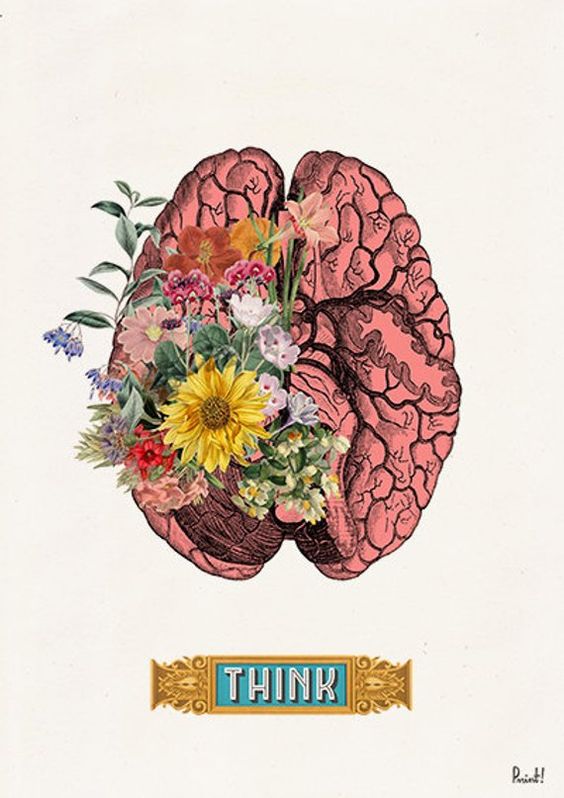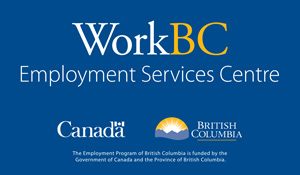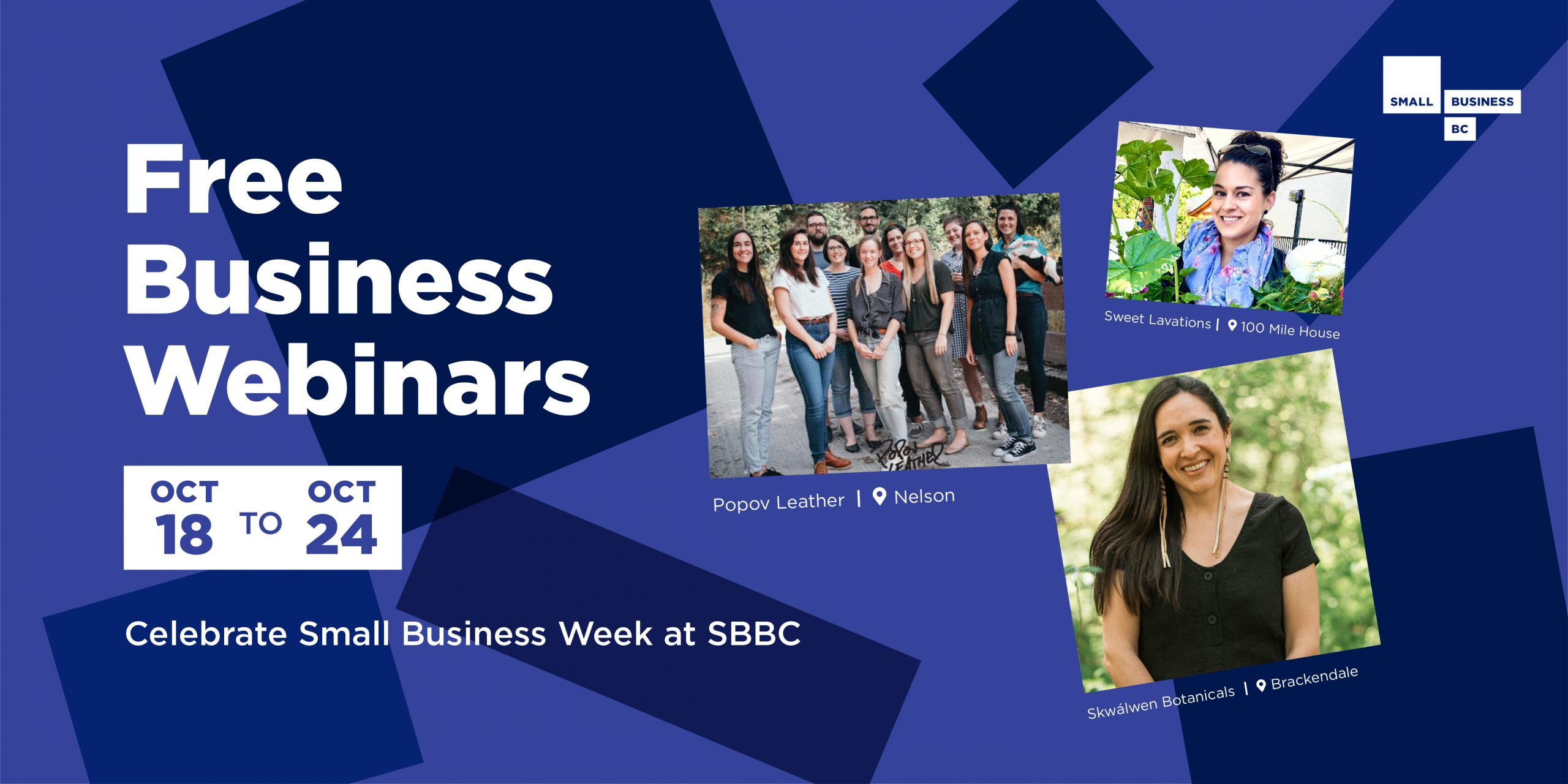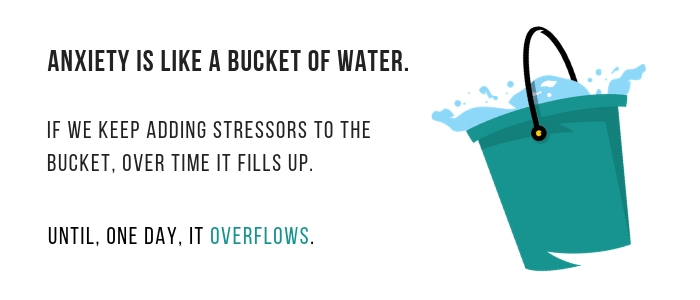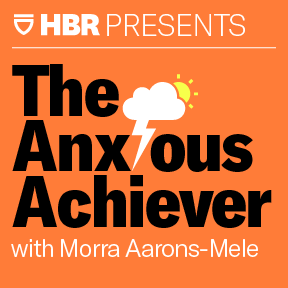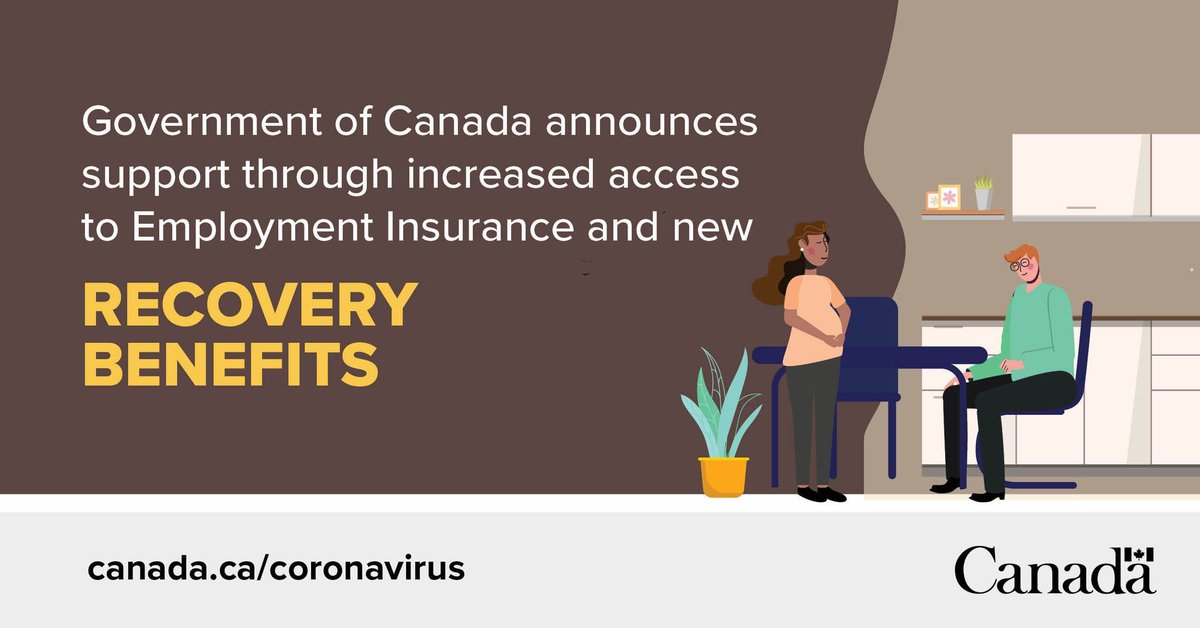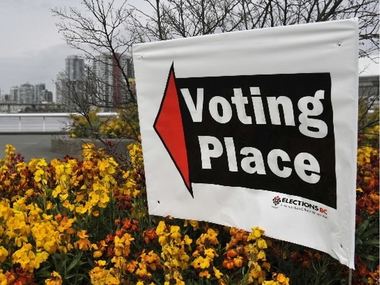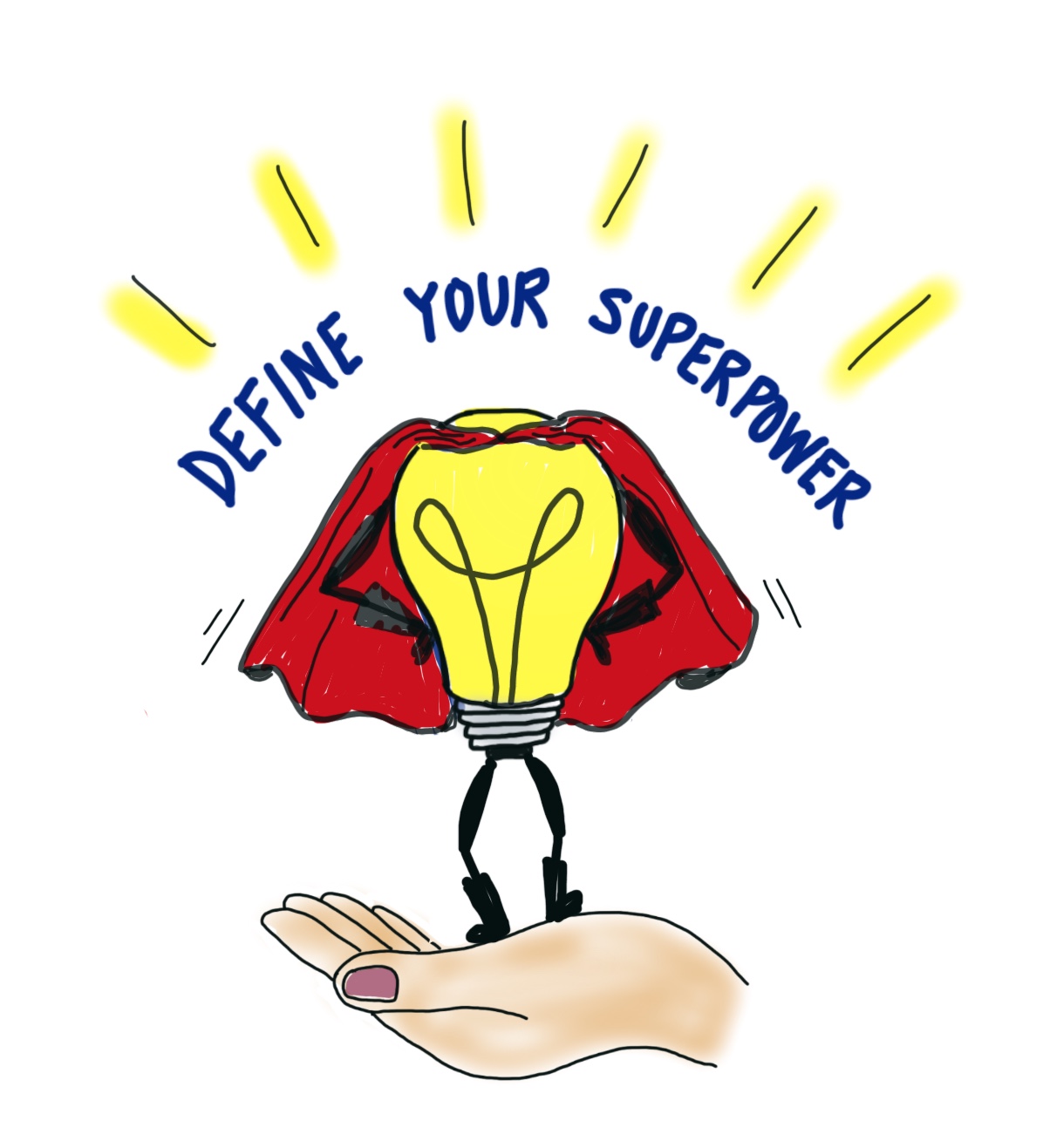The number of women in the workforce overtook men for a brief period earlier this year. But the uncomfortable truth is that in their homes, women are still fitting into stereotypical roles of doing the bulk of cooking, cleaning and parenting. It’s another form of systemic inequality within a 21st century home that the pandemic is laying bare.
Women are seeing the fabric of their lives unravel during the pandemic. Nowhere is that more visible than on the job.
In September, an eye-popping 865,000 women left the U.S. workforce — four times more than men. We are seeing a similar trend in Canada as well.
The coronavirus pandemic is wreaking havoc on households, and women are bearing the brunt of it. Not only have they lost the most jobs from the beginning of the pandemic, but they are exhausted from the demands of child care and housework — and many are now seeing no path ahead but to quit working. More on this here.
At The Princeton & District Skills Centre we observe trends in Employment, Unemployment and all of the Themes that surround these topics and how it effects the labour market. We thought this could spark interesting conversations and perhaps lend some levity to what some families could be experiencing.


